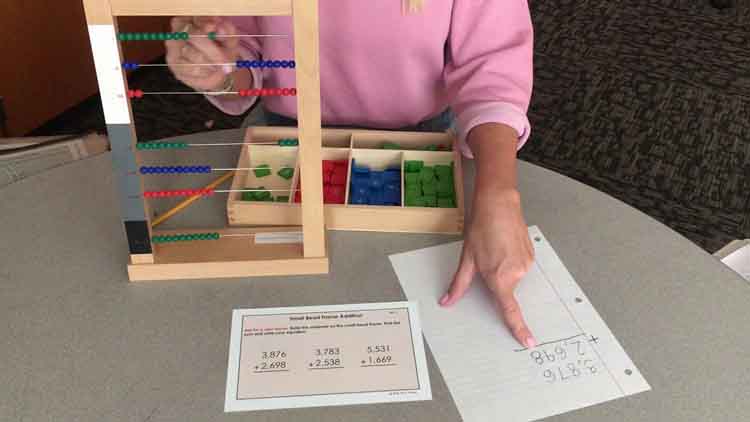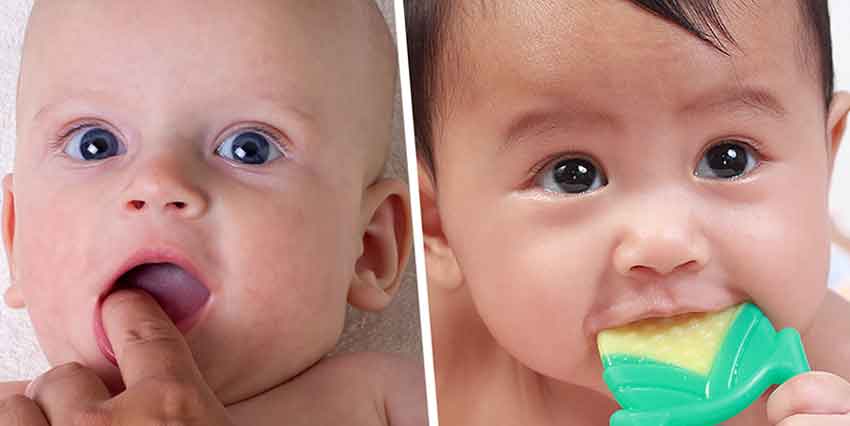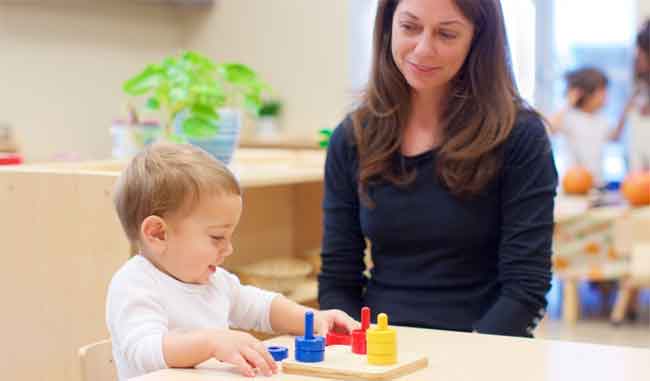Have you ever ever ever puzzled what motivates concepts and behaviors in children? Our understanding of human nature and baby enchancment is regularly advancing nevertheless all children are completely totally different, and no person has the entire options. Nonetheless, only a few acknowledged theories can current useful insights on early enchancment which will help you larger care for kids.
All through our early years of infancy by childhood, we develop the concept of our intelligence, character, social habits, and functionality to review. 4 theories are worth reviewing and embrace attachment, psychosocial, cognitive enchancment, and sociocultural thought.
1. Attachment Precept (Bowlby): This concept’s amenities spherical sturdy emotional and bodily bonds that create a manner of security in a toddler. Bonds are established with caregivers who might be discovered and acutely aware of an toddler’s needs. Thus, the toddler is conscious of the caregiver is dependable, which creates a secure base for the child to find their atmosphere.
Occasion: Six-month-old Jordan enjoys toddler toys and interacting with others. Assured that crying brings help, Jordan responds to anyone and can get upset when anyone stops interacting with him.
2. PsychoSocial Enchancment Precept (Erikson): On this concept, social enchancment occurs in ranges based on turning components in a person’s life along with hope (begin to age 2), will (ages 2-4), objective (ages 4-5), competence (ages 5-12), fidelity (ages 13-19), love (ages 20-39), care (ages 40-64), and information (ages 65+).
Occasion: Two-year-old Jennifer has not too way back begun squirming and saying “no” when her Nanny tries to secure her in her automotive seat. Jennifer has begun to develop a manner of self, separate from her caregivers. Her Nanny ought to continually set limits and observe by with Jennifer, to take care of her protected and secure whereas utilizing inside the automotive. The Nanny can improve Jennifer’s willingness to evolve by providing specific reward along with allowing Jennifer to pick out a specific toy to hold at any time when she is going to get into her automotive seat with out resistance. Deciding on her private clothers may even help Jennifer obtain further independence.
3. Cognitive Developmental Precept (Piaget): This concept depends on a four-stage model describing how the ideas processes new data. The degrees are sensorimotor (begin to age 2), preoperational (ages 2-7), concrete operational (ages 7-11), and formal operations (ages 12+).
Occasion: 5-year-old Zachary continues to be egocentric and struggles to see the angle of others nevertheless is starting to imagine symbolically and use phrases to represent objects. Zachary loves learning and is developing a foundation of language. As this stage, caregivers must proceed to study books every day, encourage faux play, share logical contemplating. By explaining that it’s winter time as grandma’s residence and thus, a coat is required will help Zachary, who lives in Texas, understand why a coat is being packed inside the suitcase.
4. Sociocultural Precept (Vygotsky): This developmental thought evolves from children’s interactions with devices and totally different people of their social environment. Group, custom, and interactions are key to baby enchancment and learning.
Occasion: Seven-year-old Alex is struggling to resolve a jigsaw puzzle. By interacting with an grownup, Alex learns one of the simplest ways to separate out the sting items, put collectively the border, and kind the within gadgets by color or design. By working with an grownup, Alex develops talents that could be utilized to future jigsaw puzzles.
There are totally different childhood theories which will help mom and father and totally different caregivers by instructing them one of the simplest ways to spend further pleasurable time with their baby, reinforce constructive talents, monitor habits and set limits, and reduce the utilization of harsh self-discipline methods. These essential caregiving talents help children develop pro-social habits, self-regulation, and totally different talents they need to be worthwhile at college and at residence.




